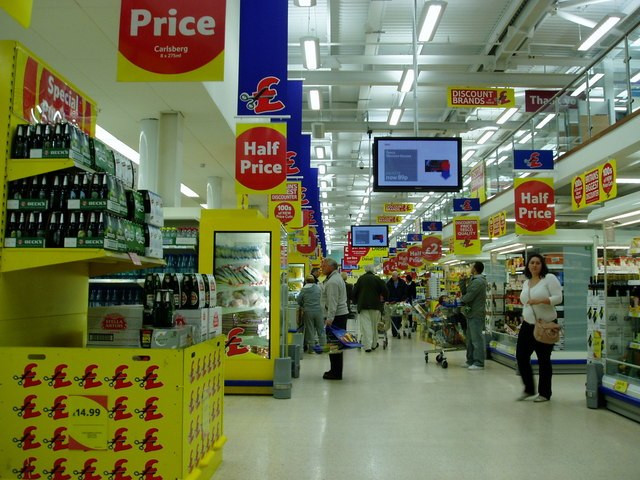The United Kingdom's economy shrank 0.3% in April, marking its steepest monthly contraction since October 2023, as President Donald Trump's new tariffs and domestic tax increases hammered British exports and consumer activity. Data released Thursday by the Office for National Statistics (ONS) revealed widespread declines in manufacturing, services, and exports, dashing government hopes for sustained post-winter growth.
April's contraction followed GDP growth of 0.2% in March and 0.5% in February, and was worse than economists' expectations of a 0.1% decline. It also represented a sudden reversal after a relatively strong first quarter, which many analysts now say was artificially buoyed by firms rushing to export ahead of Trump's tariff enforcement.
"After increasing for each of the four preceding months, April saw the largest monthly fall on record in goods exports to the United States with decreases seen across most types of goods," said Liz McKeown, director of economic statistics at the ONS. The U.K. recorded a £2 billion drop in exports, the biggest one-month decrease since records began in 1997.
The downturn coincided with Trump's so-called "liberation day" tariffs-new levies targeting both allies and adversaries. While Britain was hit with a 10% reciprocal tariff on goods, the European Union faced an even harsher 20% levy. U.K. auto and pharmaceutical exports, particularly vulnerable sectors, saw steep declines in April. Manufacturing output dropped 0.6%, led by cuts in car production.
Simultaneously, domestic policy changes weighed on demand. The expiration of the temporary Stamp Duty Land Tax relief in March led to a 63.5% drop in residential property transactions in April, severely impacting the services sector. Estate agents, conveyancing firms, and related businesses contributed to a 0.4% contraction in overall services output.
Chancellor Rachel Reeves acknowledged the figures were "clearly disappointing" and cited ongoing global instability. "There was huge uncertainty about tariffs, and one of the things, if you dig into those GDP numbers today, is exports weakening and also production weakening because of the uncertainty in the world around tariffs," Reeves told Sky News.
April's economic slump also reflected the impact of higher national insurance contributions for employers, which took effect at the start of the month. Critics argue the increase is suppressing hiring and deterring investment. HMRC data showed a 109,000 drop in payroll employment in May, the sharpest monthly decline since the first Covid lockdown in 2020. Since Reeves's autumn budget, the U.K. has lost over 250,000 jobs.
Mel Stride, the shadow chancellor, criticized the Labour government, saying: "Under Labour, we have seen taxes hiked, inflation almost double, unemployment rise, and growth fall. With more taxes coming, things will only get worse and hardworking people will pay the price."
Economists say the Bank of England is unlikely to cut interest rates at next week's meeting, holding steady at 4.25%. However, some analysts believe a cut may come in August, especially if May's economic indicators continue to deteriorate.
"April was a disappointing month for the UK economy, judging by the 0.3% drop in GDP," said James Smith, developed markets economist at ING. "That's partly because of frontloading activity ahead of tariffs. Manufacturing surged in February and has unwound since."
The Bank of England forecasts just 1% growth for 2025, and the April figures have renewed concerns that global trade headwinds and domestic policy choices may derail the fragile recovery.






